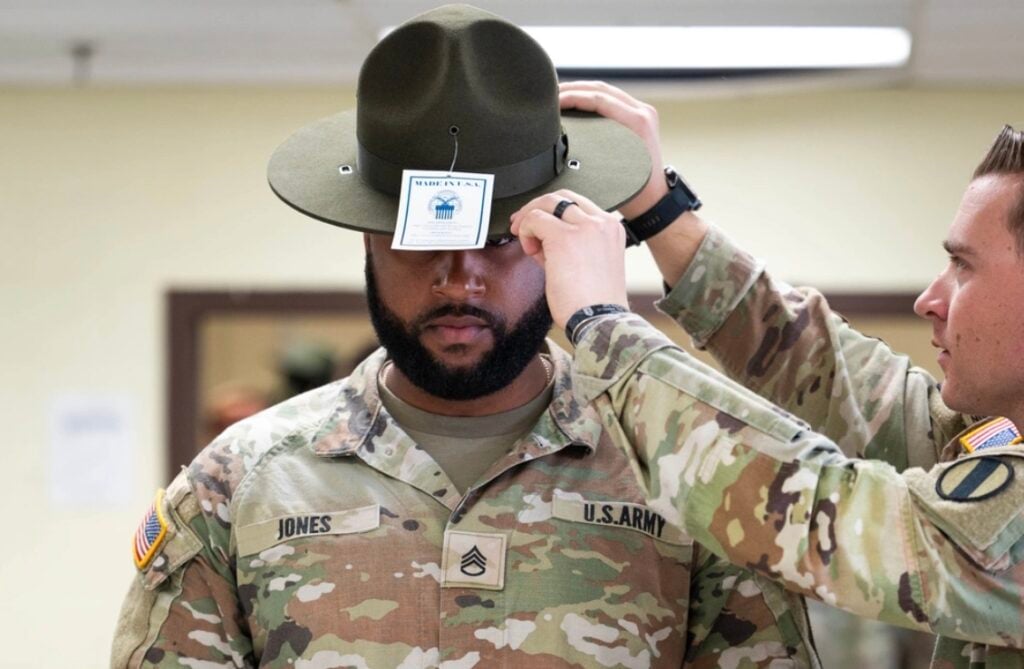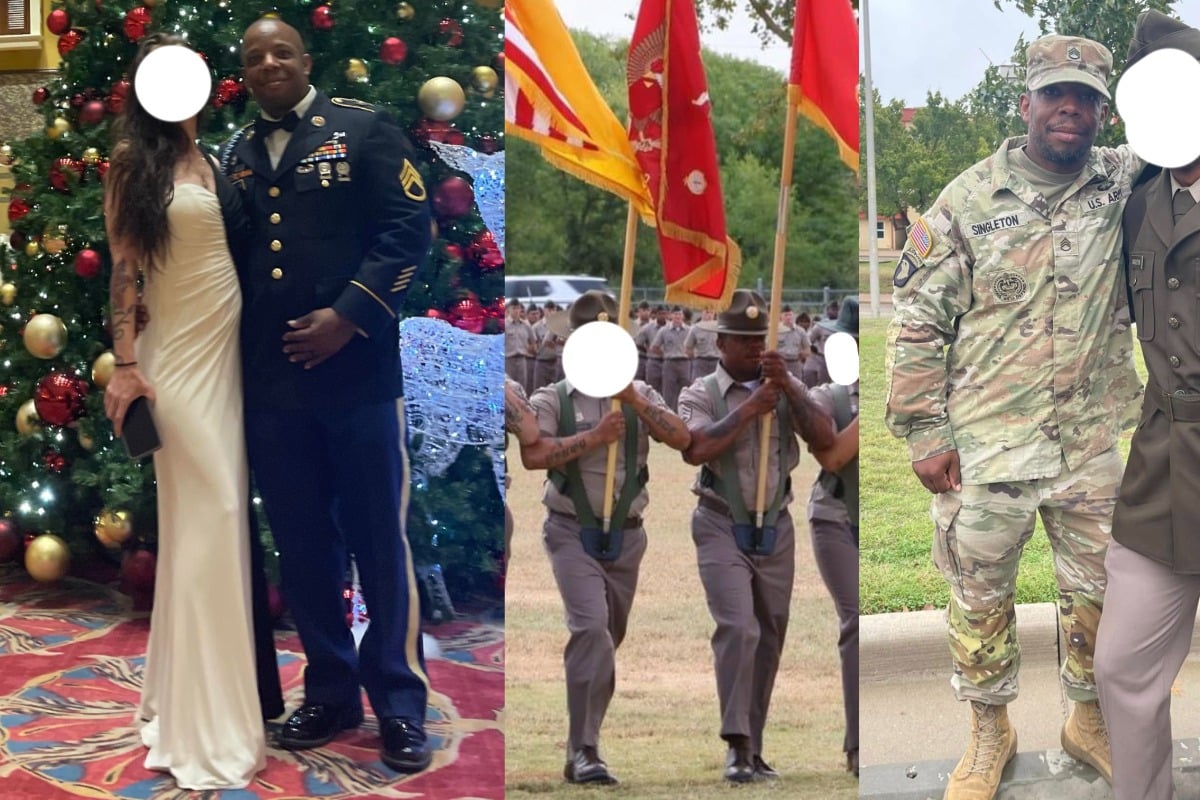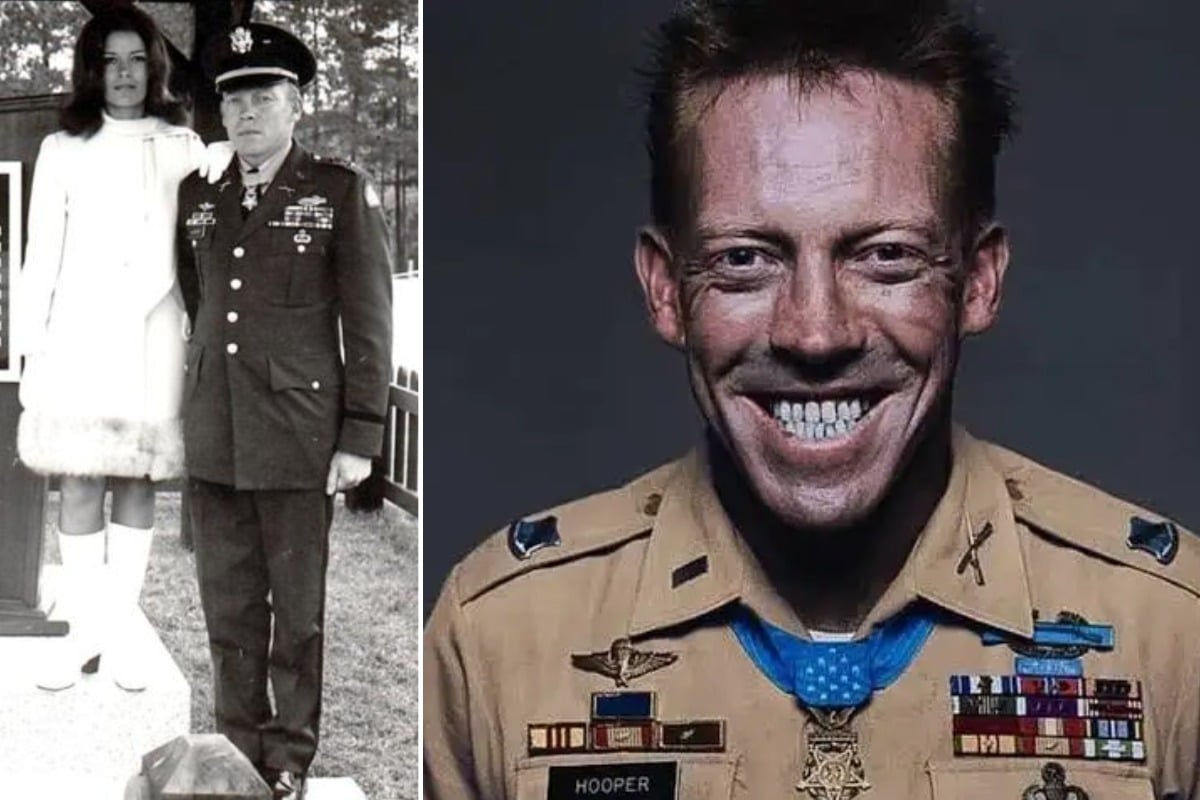The U.S. Army is rolling out a major update to its grooming standards — and it’s one that could have lasting career consequences for thousands of soldiers currently holding permanent shaving waivers.
Under a new Army Directive expected to take effect immediately upon signing, all soldiers must be clean-shaven while in uniform or civilian clothing while on duty, with exemptions allowed only under strict conditions. Temporary medical profiles and religious accommodations remain valid paths to exemption, but the days of indefinite shaving waivers appear to be numbered.

The directive, the result of a force-wide review of appearance and discipline standards, reinforces what Sergeant Major of the Army Michael R. Weimer called a return to “discipline equals readiness.”
“Through a phased implementation, we are working with providers through commanders to effectively address grooming standards to ensure we maintain a professional force,” Weimer said in a statement released on Tuesday.
Medical Waivers Face Tightening Scrutiny
While the Army has not outright banned shaving profiles, the updated directive makes clear that non-religious exemptions must now be backed by a temporary medical profile (DA Form 3349-SG) and an Exception to Policy (ETP) memo signed by an O-5 in the soldier’s chain of command. Additionally, soldiers must carry documentation with them while on duty — in or out of uniform.
The move comes on the heels of a May 2025 update to the Medical Retention Review (MAR2) process, which mandates that all permanent medical profiles rated P3 or P4 — including those for shaving-related conditions — undergo administrative evaluation. This could result in soldiers being reclassified into new MOSs or even medically separated if deemed unfit to serve under current standards.
PFB and the Racial Disparity Problem
The Army’s decision to tighten grooming standards could have disproportionate effects on soldiers suffering from pseudofolliculitis barbae (PFB) — a chronic skin condition commonly caused by shaving tightly curled hair.
Estimates from the American Osteopathic College of Dermatology suggest up to 60% of Black men experience PFB. The condition causes painful razor bumps, irritation, and in some cases, permanent scarring. Until now, many soldiers with PFB were granted long-term shaving waivers.
But under the new policy, those same troops could be forced into treatment plans — including costly and sometimes damaging options like laser hair removal — or face administrative separation if they can’t “reasonably” comply with Army grooming standards in a set timeframe.
“This Isn’t About Tactics”
A senior NCO who spoke with Military.com claimed the decision has less to do with operational readiness and more to do with appearances.
“There’s no tactical reason — you can look professional with facial hair,” the NCO said.
The Army has long justified strict shaving policies by citing the need for a proper seal on gas masks. But a 2021 Military Medicine study found that well-groomed beards did not significantly compromise gas mask efficacy. Additionally, many soldiers operate in environments where such protection is not routinely needed.
Meanwhile, units in Alaska and other extreme cold-weather assignments have already been granted discretion on enforcing shaving due to frostbite risk.
What Happens Next?
As outlined in the MAR2 process, once a permanent profile is issued, unit Career Counselors prepare a review packet to submit to Human Resources Command (HRC). Soldiers under review may be:
Retained in their current job,
Reclassified into another MOS, or
Referred to a Medical Evaluation Board (MEB) for possible separation.
The directive makes clear that Soldiers who are unable to meet grooming standards within a reasonable time may be administratively separated, regardless of the cause of their condition.
Recruiting Implications?
The timing of the policy could be problematic. After years of failing to meet recruiting goals, the Army only recently began to reverse that trend. Black Americans, who make up about 25% of new Army recruits, could be disproportionately discouraged by a policy that threatens to punish them for a chronic and common skin condition.
Some observers worry that grooming standards may now serve as a backdoor filter — cutting otherwise capable soldiers from the ranks under the guise of “discipline.”
Complicating the narrative is Defense Secretary Pete Hegseth’s recent push to eliminate what he describes as “relaxed standards” across the military. In March, Hegseth ordered a comprehensive review of grooming policies, citing concerns with facial hair, dreadlocks, and “uniformity issues.”
Final Word: Still No Official Ban
Despite growing concern and unofficial guidance circulating in Army circles, no directive has explicitly banned shaving profiles — yet. For now, the policy stops short of a total prohibition, but it sends a strong message: grooming standards are now a matter of medical compliance, discipline, and career viability.
Soldiers currently on shaving waivers are encouraged to speak with their unit’s healthcare provider and Career Counselor to understand how the new directive may affect them — and what options remain.
© 2025 TheSaltySoldier.com. All rights reserved. Unauthorized reproduction or redistribution is strictly prohibited.




